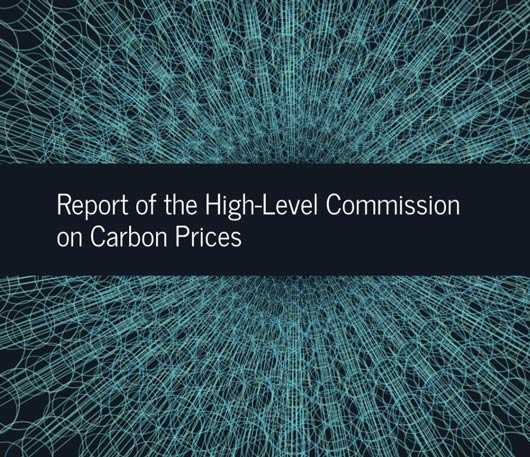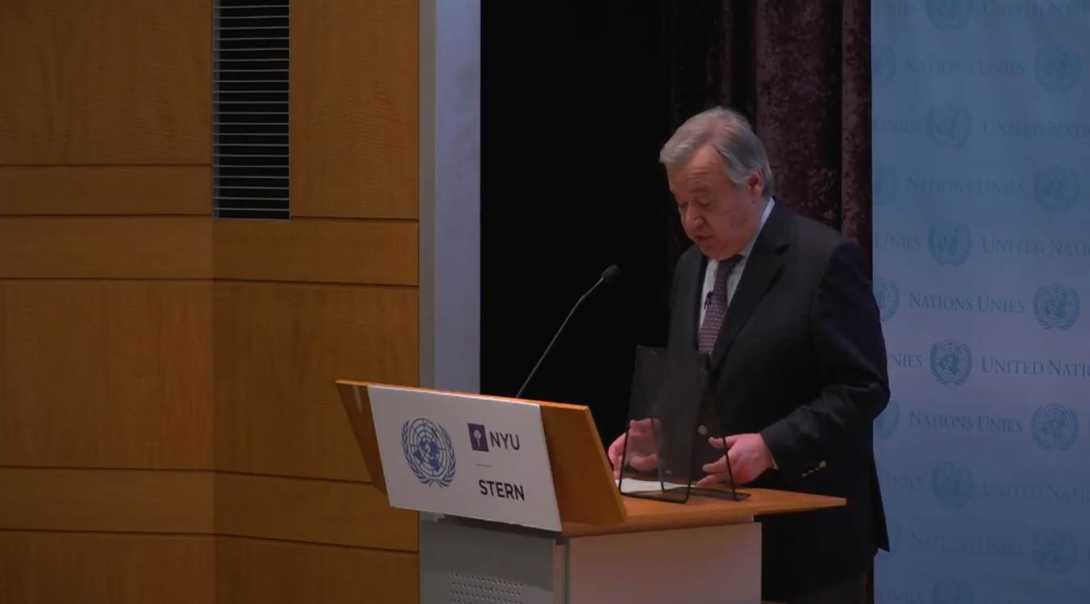
United Nations Secretary-General António Guterres issued a call to action this Tuesday, May 30th, to meet the climate challenge. Speaking to students, business leaders and academics at the New York University Stern School of Business, Mr. Guterres described both the increasing risks from climate change and the compelling opportunities provided by climate action to create jobs, generate economic growth and build the foundations for a safer and more stable world.
“The effects of climate change are dangerous and they are accelerating,” he said. “It is absolutely essential that the world implements the Paris Agreement – and that we fulfill that duty with increased ambition.”
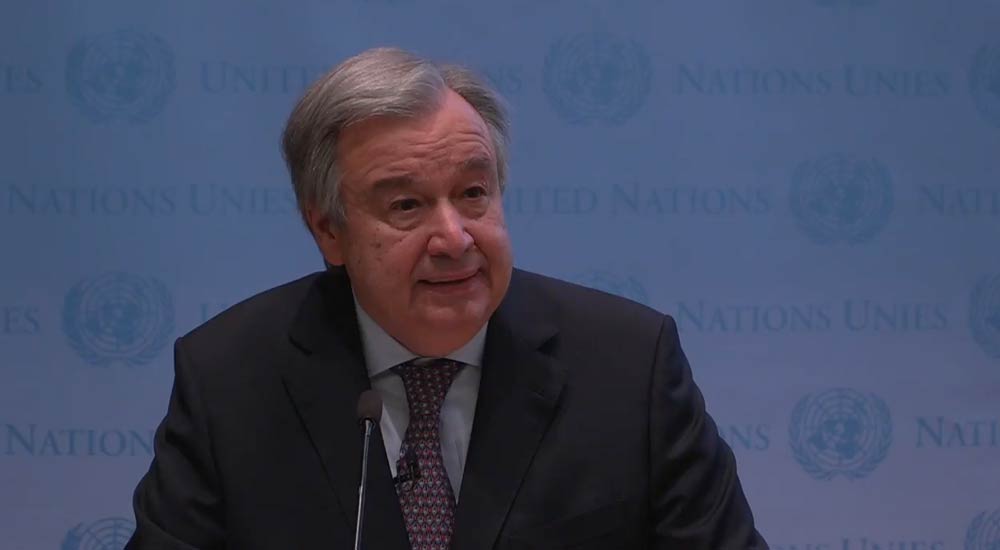
Mr. Guterres stressed that climate action is already under way and that countries and companies that are involved will reap the rewards.
“Thousands of private corporations, including major oil and gas companies, are taking their own action”, Mr. Guterres said. “They know that green business is good business. It is not just the right thing to do, it is the smart thing to do.”
“The sustainability train has left the station. Get on board or get left behind. Those who fail to bet on the green economy will be living in a gray future. “Those who embrace green technologies will set the gold standard for economic leadership in the 21st century.”
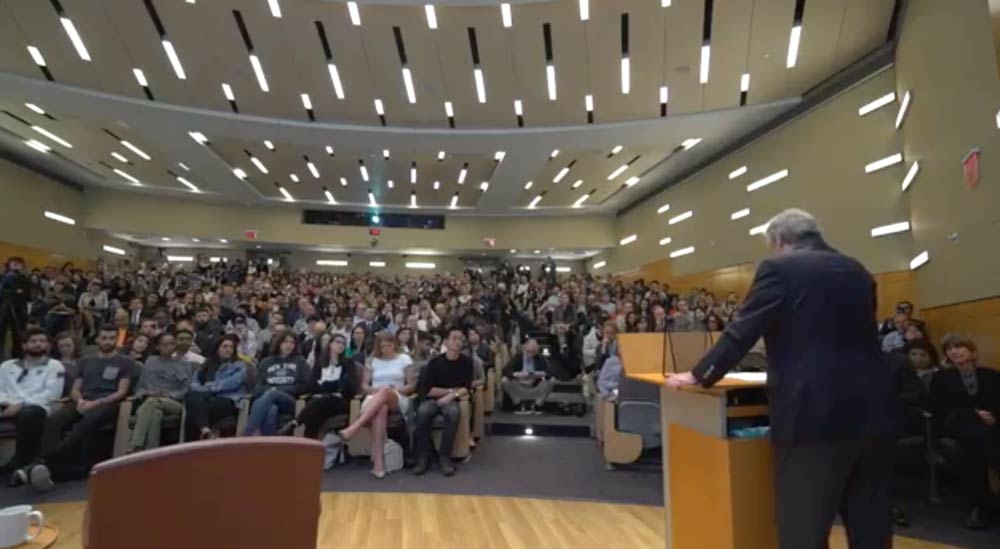
Mr. Guterres layed out a five-point action plan to mobilize the world behind climate action.
First, intensified political engagement to raise the bar on efforts to limit temperature rise to well below 2 degrees and as close as possible to 1.5 degrees.
Second, stronger, integrated support by the entire United Nations development system for Governments as they strive to meet climate commitments and achieve the Sustainable Development Goals.
Third, engagement with Governments and major actors, including the coal, oil and gas industries, to accelerate the global transition to sustainable energy.
Fourth, heightened efforts to mobilize national and international resources for adaptation, resilience, and the implementation of national climate action plans.
Fifth, new and strengthened partnerships, including with the private sector and through North-South, South-South, and triangular cooperation.
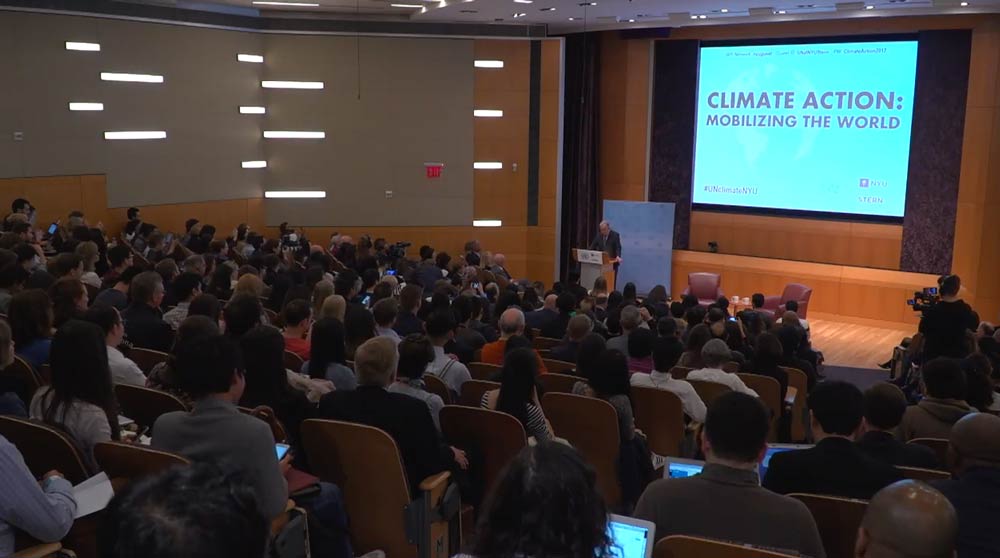
The Secretary-General intends to convene a climate summit in 2019 and is strongly committed to working with all Governments and partners to bridge divergent views and forge a shared vision of the way forward to address climate change -an unprecedented threat but also an an unparallelled opportunity.
 Recap United Nations Secretary-General António Guterres' speech:
Recap United Nations Secretary-General António Guterres' speech:
The Pleistocene Park Foundation, Inc is running a fundraising campaign to bring yaks and bison to Pleistocene Park in the Russian Arctic, the most remote corner of Siberia. These animals will began restoring a vanished ice age ecosystem and save us from some of the worst effects of a catastrophic global warming feedback loop.
What is Pleistocene Park reviving?
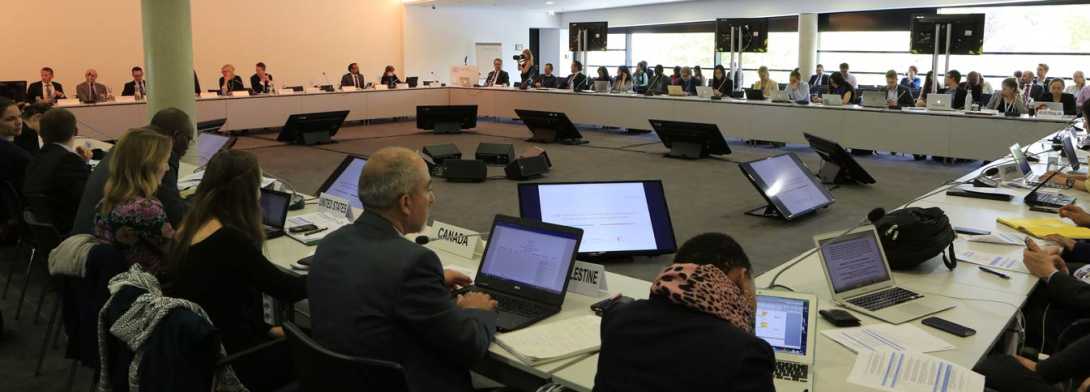
At COP 18 the Parties adopted the Doha work programme on Article 6 of the Convention and requested that the Subsidiary Body for Implementation (SB)I organize an annual in-session Dialogue on Article 6 of the Convention in order to enhance work in the areas of climate change education, training, public awareness, public participation, public access to information, and international cooperation on these matters.
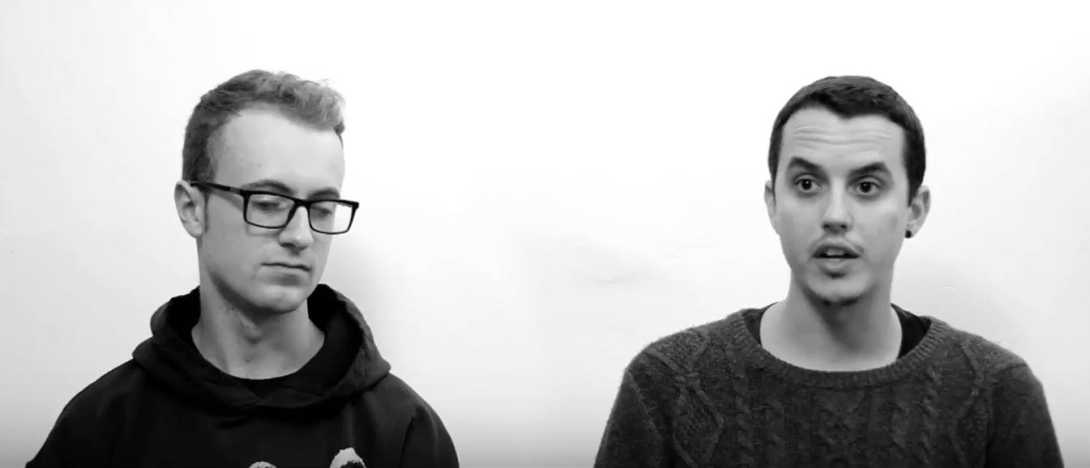
Vulcan Productions helps create stories to inspire people to move the planet towards a better future. In 2016, the Film4Climate Global Video Competition invited aspiring filmmakers to express their vision for a sustainable future by creating a short film or video about climate action. We talked to filmmakers Jay Carter-Coles and Dani Martinez to hear what inspired them to make Your Choice, the lessons they learned and how we all can make a difference in the climate change fight.
Jay Carter-Coles & Dani Martinez


 What inspired you to make this film?
What inspired you to make this film? Why is climate change important to you?
Why is climate change important to you?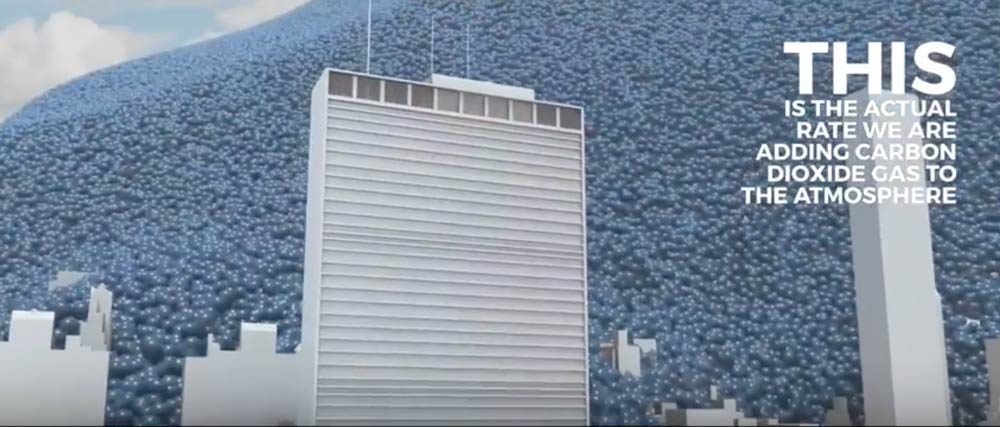
 What is one thing that you wish people knew about your region of the world and how it is being effected by climate change?
What is one thing that you wish people knew about your region of the world and how it is being effected by climate change?
 What is one thing you learned from embarking on this film?
What is one thing you learned from embarking on this film?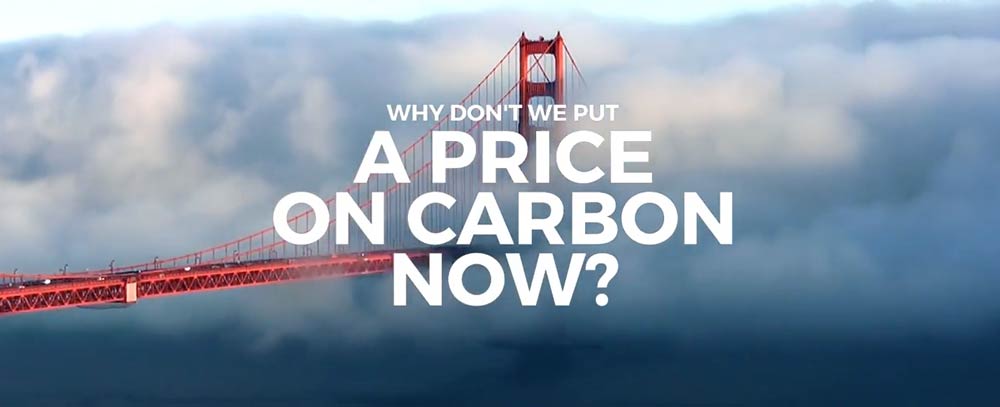
 What is one thing people can do to make a difference?
What is one thing people can do to make a difference?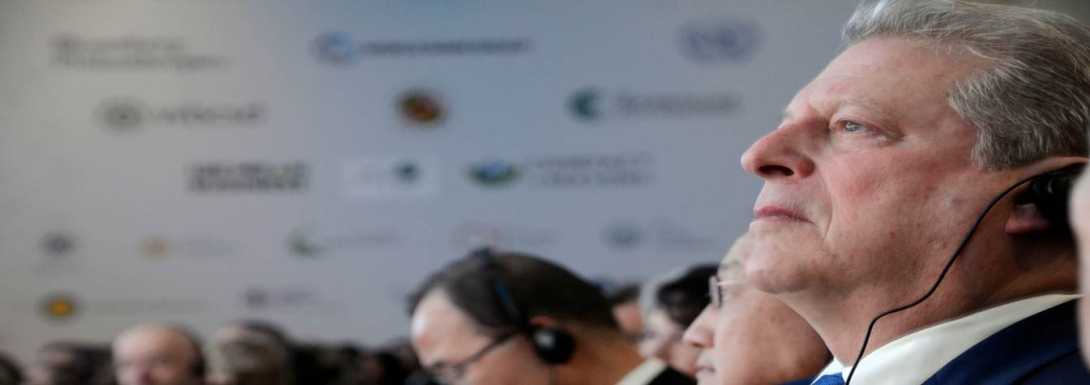
The Climate Reality Project knows that the forces of change at work today are more powerful than any president or administration. Stronger than any Congressional action. Bigger than all the climate deniers in the world put together. And with millions of people standing up together, we’re about to transform the world.
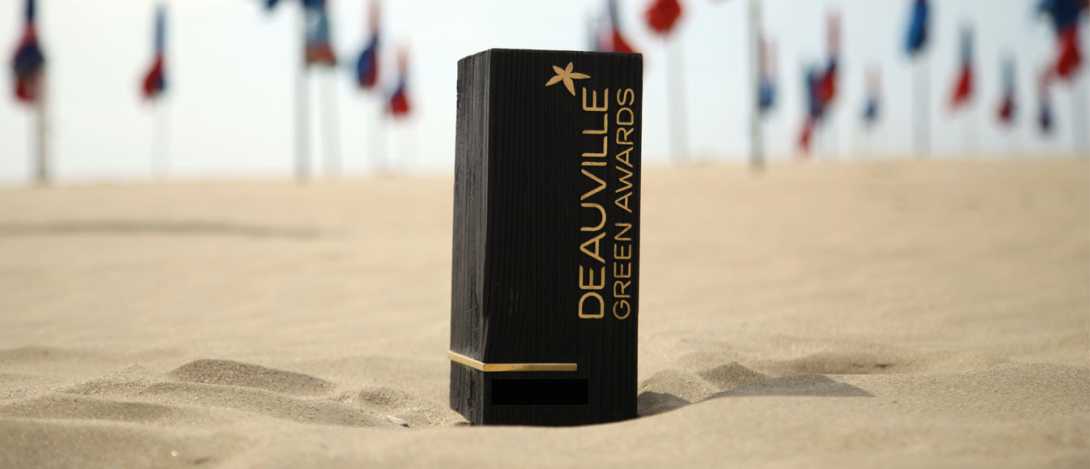
The best corporate films, documentaries and spots on sustainable development, eco-innovation and social responsibility from all over the world are joining the internationally renowned competition, the Deauville Green Awards.
Until the 12th of May, professionals can go online and register their best spots, corporate films and documentaries in the 3 competitions and 14 categories available, covering themes of sustainable development, eco-innovations, and CSR.
The 2016 record of more than 300 films in competition has already been broken! The festival allows professionals to promote their films and messages by winning an internationally recognized trophy; the Golden Green Award, which has rewarded excellence in green and responsible audio-visual media since 2012.
The 2017 international jury is made up of around 20 professionals from the fields of audio-visual media, communications, and journalism as well as representatives of international key players such as the BBC, the World Bank, Euronews, France Télévisions, the French Ministry of Culture, Publicis, WWF etc.
For this 6th edition, in addition to the networking sessions, cocktails, meals and after-parties, a rich program rich await the profession on June 27th and 28th in Deauville, France:
> Roundtables focused on innovation in 2017: on digital, new mobility, etc.
> Workshops of key players
> A rich program focused on the guest country of honor 2017; Belgium
> The projection of the 100 finalist films in the presence of their teams
> A prestigious première of Jean-Michel Cousteau
This will include Jean Jouzel, Nobel Prize winner in 2007 with the IPCC, who will accompany the festival as chairman of the Scientific Committee. His leitmotiv: "when one seeks, it is not enough to find, you must make it known!". This is precisely the essence of the festival for the past five years; the use of images in order to reveal, denounce, value, explain and sensitize the statistics.
Register your best spots, corporate and documentary film now!
Rediscover the 2016 winning entries here.
Meet this year's jury here (a special reference to Giulia Camilla Braga, Senior Communications Consultant, Connect4Climate)
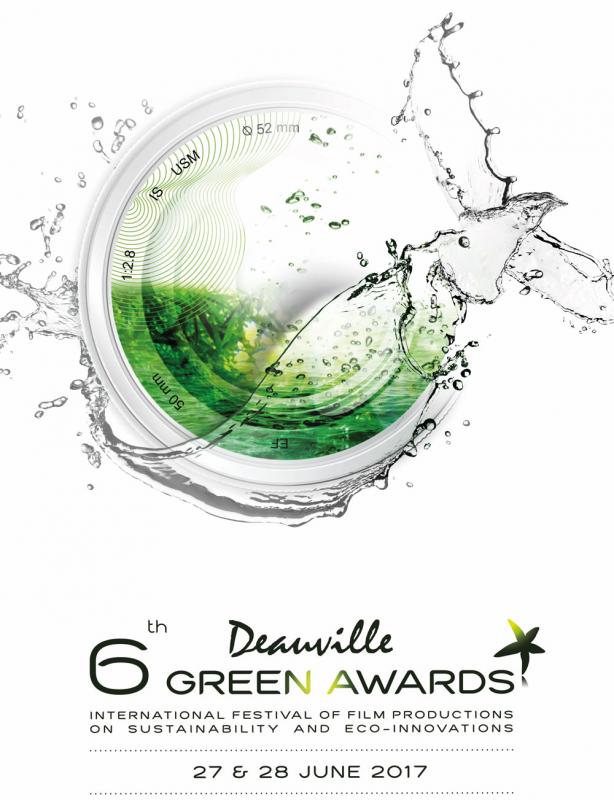
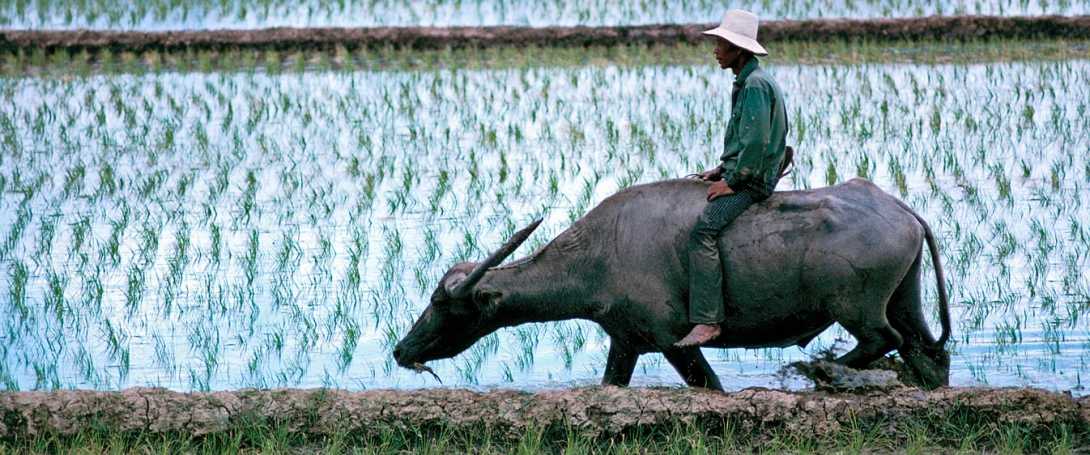
Key facts:
 Applications due May 31, 2017
Applications due May 31, 2017
 We are seeking breakthroughs in the areas of Water Data Solutions, Water Data Investments, and Capacity Development for Impact
We are seeking breakthroughs in the areas of Water Data Solutions, Water Data Investments, and Capacity Development for Impact
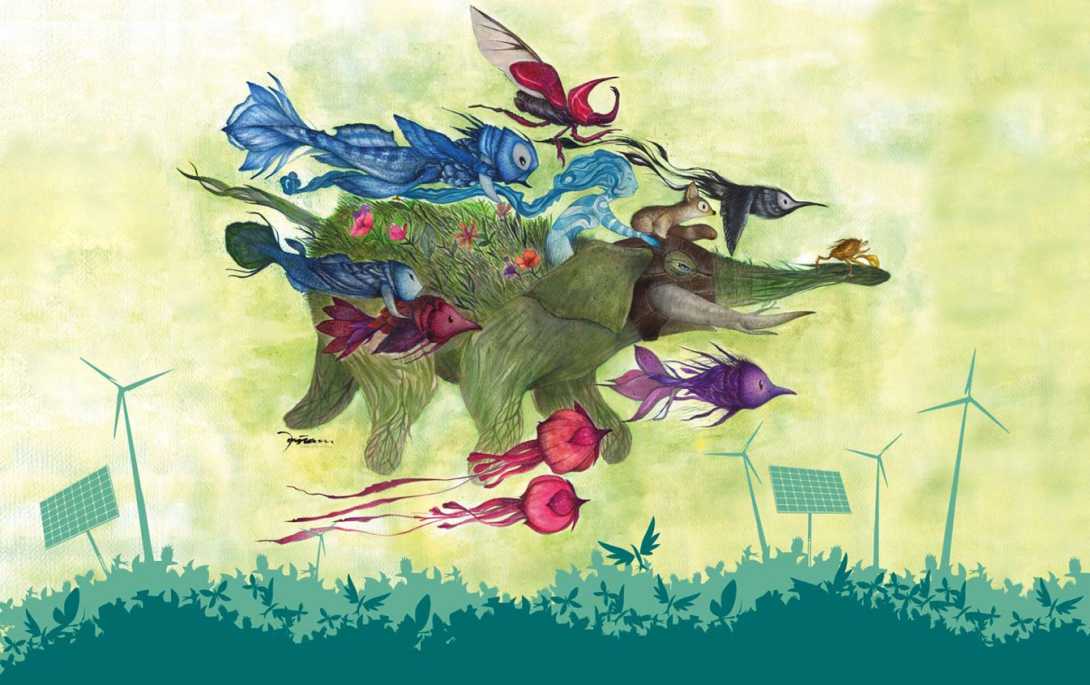
Last year, 2016, we faced great challenges such as droughts, unusual storms, rising seas and oceans, and so on, that we, as humanity, have to assume together. Millions of people were displaced by events related to the climate, it is urgent to take actions that mitigate and reverse the effects of global warming.
Climate change is closely linked to energy generation and it is for this reason that Cinema Planeta, Mexico’s International Film and Environment Festival, dedicates its ninth edition to this theme in the different activities of the festival.
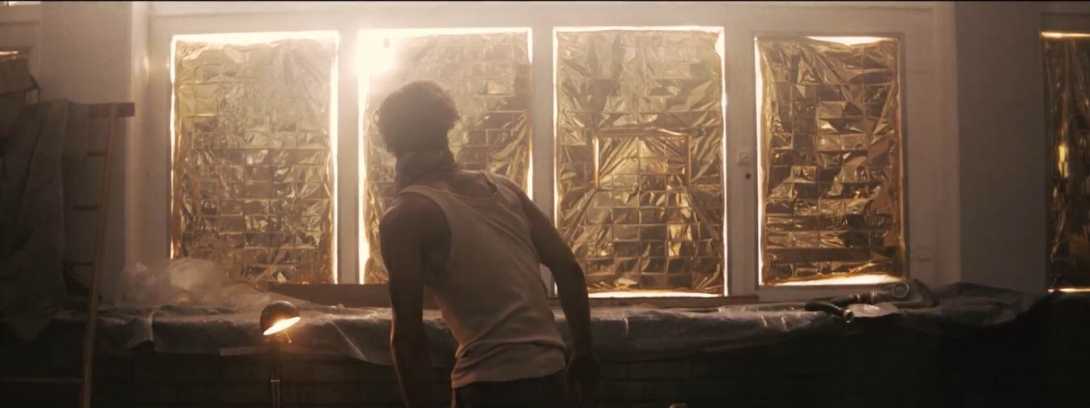
Vulcan Productions helps create stories to inspire people to move the planet towards a better future. In 2016, the Film4Climate Global Video Competition invited aspiring filmmakers to express their vision for a sustainable future by creating a short film or video about climate action. We recently talked to German filmmaker Benjamin Pfohl to hear what inspired him to make Eternal Summer, the lessons he learned and how climate change is impacting his life.
Benjamin Pfohl
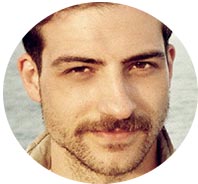
 What inspired you to make this film?
What inspired you to make this film?
First of all, I wanted to do my part in preventing climate change and I wanted to do so with what I can do best, through filmmaking. I wanted people to get aware of what is at stake. After watching many other climate films, which mostly address their audiences with information about the matter, I wanted to do something different. I think to change a person’s mind, it has to come from the heart. So, I confronted the audience with an emotional, dystopian vision of a world past climate change and combined it with a fictional, contrary speech of how we think about the future today.
 Why is climate change important to you?
Why is climate change important to you?
The world is full of conflicts and problems and will always be, but living on this planet is the one thing where life itself starts. It’s the one thing that will stay. So I think the most important thing is to keep this world safe and vivid. I see mankind more as a guest on this planet and therefore we need to behave like such. It is a symbiotic connection and we need to do all that is possible to protect it.

 What is one thing that you wish people knew about your region of the world and how it is being affected by climate change?
What is one thing that you wish people knew about your region of the world and how it is being affected by climate change?
I am lucky to live in a region that isn't affected by obvious climate change as much as others are. Still, even central Europe is affected by climate change and the harmful actions people and companies do to nature such as shaping rivers to canals and remodeling whole landscapes through open-pit mining. There is a change going on and I hope that we stop these actions in the near future.
 What is one thing you learned from embarking on this film?
What is one thing you learned from embarking on this film?
Filmmaking is a very expensive endeavor and getting this film done without the needed budget was a tough thing at first. Going deeper into production, we found so many people who cared about climate change that they were willing to spend their time or money on the project. I learned that a lot of people actually care about this world, which gave me hope that there is a change to come.
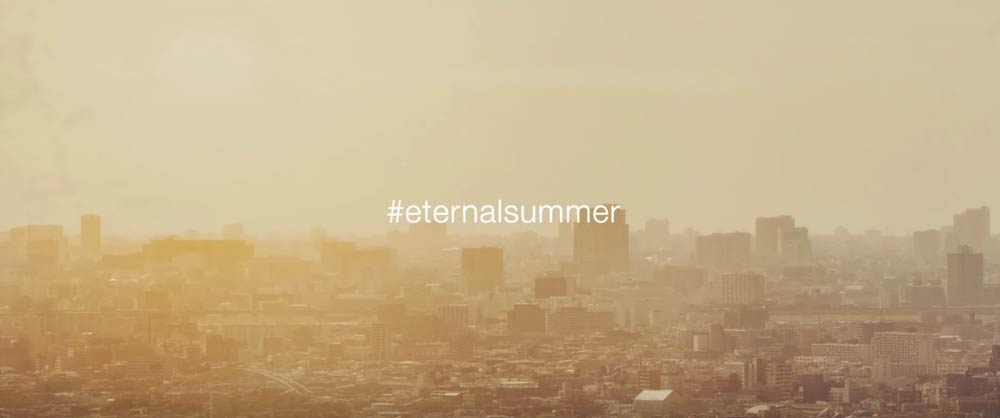
 What is one thing people can do to make a difference?
What is one thing people can do to make a difference?
First, we need global acknowledgment that climate change is happening. Then, everyone needs to find the things they can change to do their part in preventing it. As a filmmaker, I used my craft to make Eternal Summer. And as a private person, I try to do the little things: I don’t own a car, but take public transportation or bike. For longer distances, I prefer going by bus or train instead of flying whenever possible. I use electricity from alternative energies and buy regional products whenever I can. But again, every single life gives different opportunities to act.
Hosted by the World Bank Group and supported by Italy’s Ministry of the Environment and Energy Security and Germany’s Federal Ministry for Economic Cooperation and Development, Connect4Climate (C4C) is a global partnership for a livable planet that connects, creates, and communicates to build long-lasting change for future generations.
